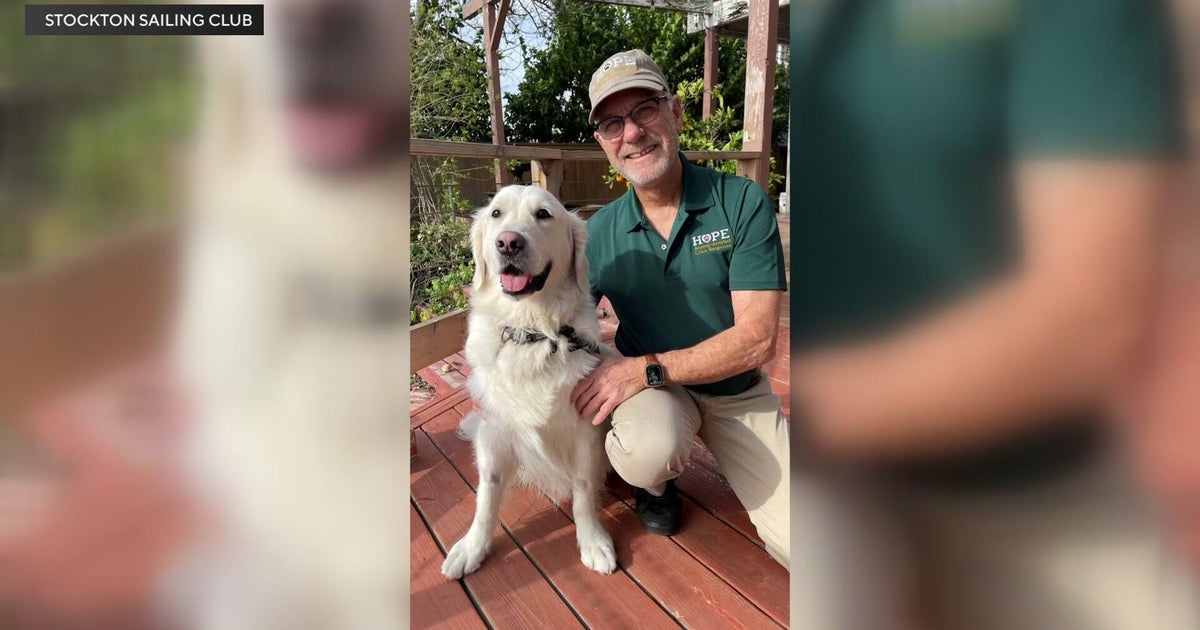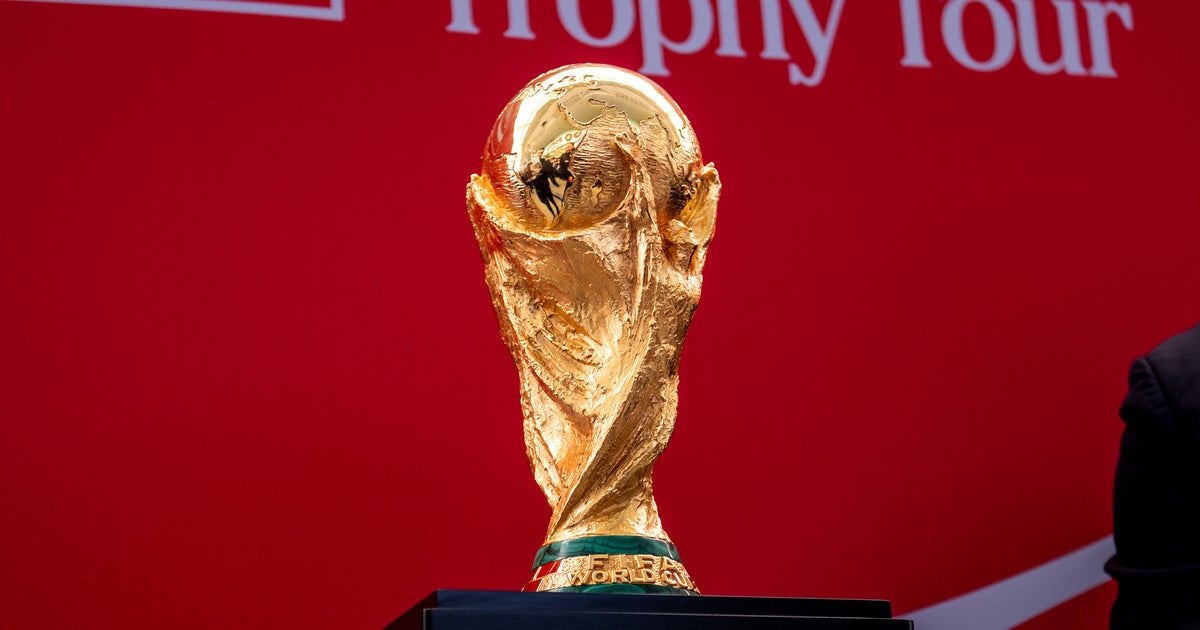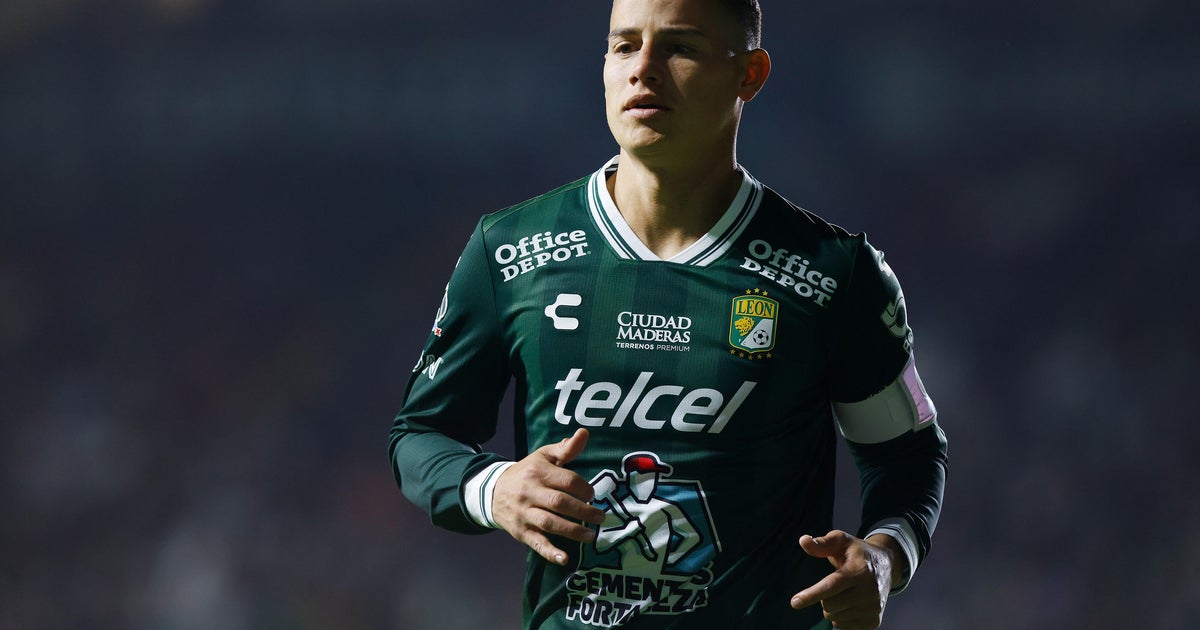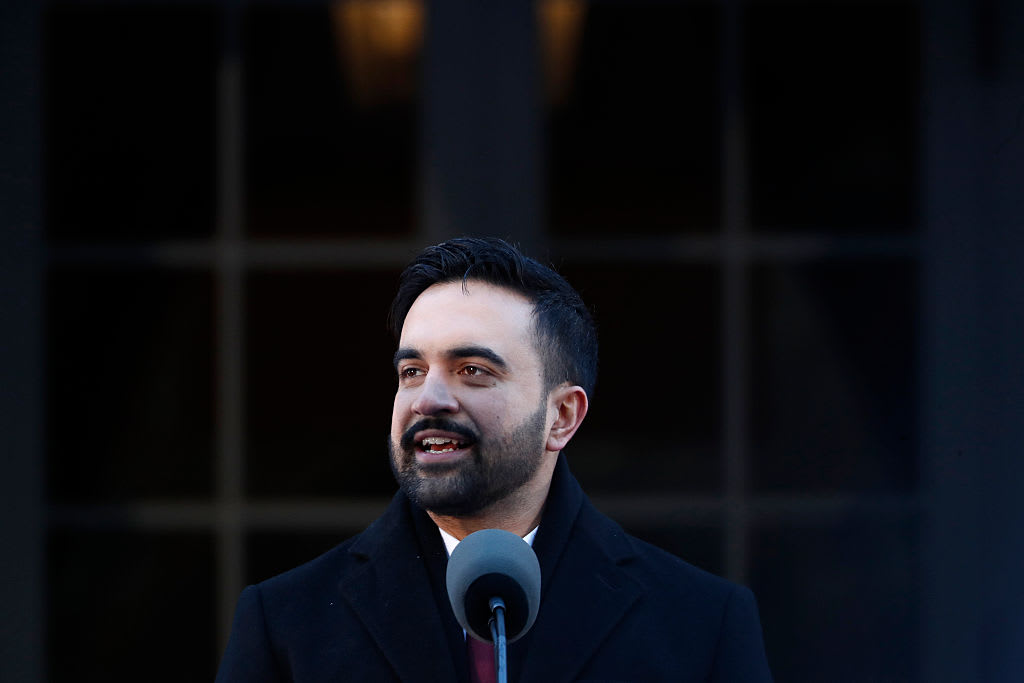British soccer club Newcastle starts new era with Saudi owners
Wearing a mock Arab headdress, Chris Greenslade, between swigs from a bottle of Newcastle Brown Ale, was proudly embracing his club's new status as one of the richest in world sports.
"We're Saudis," the 41-year-old Newcastle fan said. "We can afford anything."
The gloating and celebrations from fans were only before Sunday's match against Tottenham at St. James' Park, as the new era under Saudi ownership was heralded, before reality set in.
Callum Wilson put Newcastle ahead after just 107 seconds before the hosts collapsed to lose 3-2 and remain in the relegation zone. Much spending will be needed on players, along with a new manager as the crowd was demanding.
To receive the investment, Newcastle fans have to — reluctantly in many cases — accept their long-underachieving club becoming embroiled in a sporting moral maze of the ethics of ownership by a state. Embracing the riches of the Saudi sovereign wealth fund to remove a long-despised owner means an unwelcome attachment with the murkier side of a kingdom.
"You're going to get stuff like that along there," Greenslade says, pointing out a vehicle emblazoned with the name "Jamal Khashoggi" alongside an image of the journalist who was murdered in the Saudi consulate in Istanbul in 2018. There was also a photo of the Saudi crown prince implicated in the gruesome plot: Mohammed bin Salman.
"Is there any evidence?" Greenslade said. "Is it nailed on?"
U.S. intelligence services said they believe the killing of the U.S.-based Saudi journalist came at the orders of the crown prince who heads the Public Investment Fund now owning 80% of Newcastle. Planes owned by a PIF company are said to have been used by the Saudi assassination squad. Prince Mohammed denies any wrongdoing.
As the van circled St. James' Park, Adel Al-Shammari, a Saudi studying at university in Newcastle, was watching in bemusement.
"It's fake news," he said. "Believe me."
When the fate of Khashoggi, his body and the findings of investigators was raised, Al-Shammari was uneasy.
"I know the story. It's not like you think," he said. "It's a different story. It's hard to explain."
This corner of northeast England is the latest extension of the Saudi state's efforts to enhance its image through sports investments.
"Just visit Saudi Arabia, ask the people there," Al-Shammari said. "You will find the truth."
For now it is regular Saudis in England doing the talking, albeit not the new non-executive chairman of the club, Yasir Al-Rumayyan, who uses the title His Excellency and sits as governor on the PIF board dominated by Saudi ministers.
Abdulrahman Alshmasi traveled to Newcastle from the central English city of Birmingham, where he is studying, to watch the club he started supporting when the protracted buyout was completed less than two weeks ago.
"It's the richest club in the world now," he said. "Hopefully they'll become one of the best European teams."
That is the hope of local fans after 14 years of limited investment under the ownership of retail tycoon Mike Ashley, desperate not just for a first trophy since the 1955 FA Cup but just to be competitive on the field.
Matty Ward gave up his season ticket after being fed up with the lack of cash spent on the team and returned on Sunday after three years.
"It's just brilliant, I'm really happy," the 18-year-old Ward said, wearing an imitation of the red-and-white checkered headdress mimicking Saudis. "To have a bit of hope in your club, that's what football is about … to be able to believe in your club again."
Fans like Ward may try not to get too deep into the Saudi controversies highlighted by activists like Amnesty International, who tried to block the deal.
"Human rights is obviously a concern. If anything is proven then I expect it to be dealt with properly and thoroughly," Ward said. "But as long as there is clear separation between that and the club, I don't see the problem."
To approve the sale that stalled last year, the Premier League said it received "legally binding assurances that the Kingdom of Saudi Arabia will not control Newcastle United Football Club." The corporate ownership structure of PIF counters that, although the Premier League won't discuss that or why the guarantees are required.
Amanda Staveley, who brokered the deal and now owns 10% through an investment vehicle, has defended the new ownership and was at Sunday's game with Al-Rumayyan, who was introduced to the crowd to cheers.
One complicating factor for allowing the buyout was the Premier League pursuing legal means to shut down a television piracy operation linked to Saudi Arabia that was bootlegging footage from Qatari-owned beIN Sports. The thawing of the wider Gulf diplomatic dispute this year led to beIN being informed it was no longer banned in Saudi Arabia, removing an obstacle for the change of ownership.
How long it will be until footage of Newcastle celebrating a trophy will be beamed around the world remains unclear. The spending can't begin until the January transfer window to strengthen a team in next-to-last place with three points from eight games and a manager in Steve Bruce who fans chanted will be "sacked in the morning."
Fans like Greenslade, who had stopped coming to games a decade ago, hold out hope that better times are now coming, and the search is on for tickets that are hard to come by again. He says just coming to the stadium on a matchday is enough to start getting excited — "after 14 years of absolute dross" — about the prospect of exciting times ahead.
He is prepared for a slow rebuilding as the squad is reconstructed.
"It can take 10 years as long as it comes," he said. "What are (players) going to come for? Only the money at the moment."





